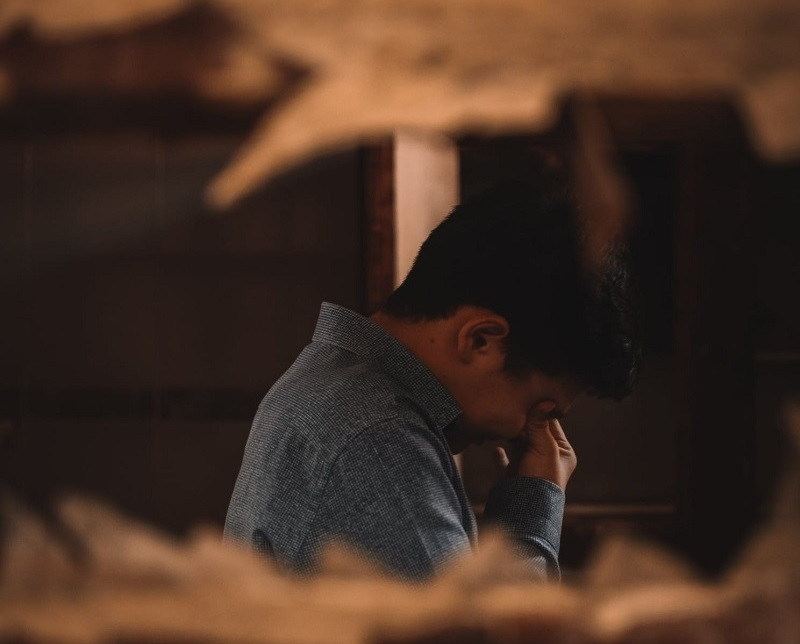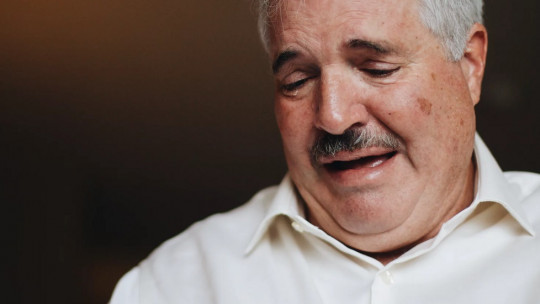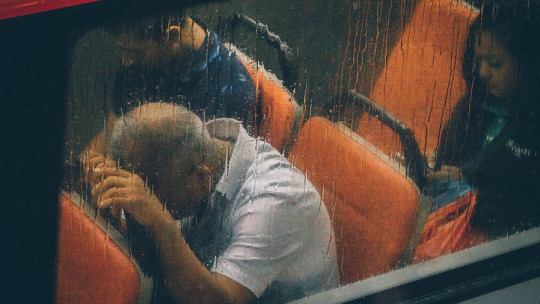
We know that grieving the expected death (for example, a terminal illness) or unforeseen death (for example, a traffic accident) of a loved one, a partner or a friend is a complex emotional response that can lead to periods of stress, sadness, isolation, depression, anxiety and even the deterioration of survivors’ relationships and their physical and mental health.
We also know that grief due to suicide is a very difficult situation that can generate many questions and few answers.doubts, confusion, guilt, recrimination, hiding, shame, and even the stigma of being the survivor of a person who decided to die before their time but for different reasons.
The psychological impact of suicide
The news of a suicide is shocking, there is no doubt. If it does so in the case of a subject we do not know, what will it be like in the case of one we do know, that of a person whom we have appreciated, loved, treated… It is a fact that shakes us, impresses us and hurts us. . So We close our eyes, breathe deeply and wish with all our hearts that it is not like this.…that such an event never happens or has never happened.
However, we also know that although we do not see it and even when this global public health problem is not talked about so openly, since it is still considered a taboo, it exists; Yes, it exists, and more than we would like.
Suicide figures
According to the latest statistics from the World Health Organization (WHO), Every year around 700,000 people commit suicide; Suicide is the fourth cause of death among young people between 15 and 19 years of age, and the main risk factor is attempted suicide.
In fact, it is said that for every completed suicide, there are many other unconsummated attempts. Hence also why specialists indicate that It is necessary to make the problem visible, to tackle it to avoid more deaths and ask for specialized help when required.
For its part, the National Institute of Statistics (INE) of Spain, published in its latest report “deaths according to cause of death”, which was released in December 2020, that suicide continued to be the first external cause of death during the first five months of 2020. Although 1,343 people died for this reason, there was a decrease of 8.8% compared to the same period in 2019.
Likewise, the Chair Against Stigma, of the Grupo 5 company and the Complutense University of Madrid (UCM), reported that, based on data from the INE in 2019, Suicide became the leading cause of death for young people in Spain and which is ahead of traffic accident statistics.

Psychological support when grieving the suicide of loved ones
But let’s delve a little into what to do when grieving for this cause; a route to protect and manage the situation in order to move forward in the best possible way.
In this sense, in addition to, for example, the assistance of the psychologist, also mutual aid groups contribute through which you can share different experiences, empathize, drain and know that you are not alone.
As a clinical psychologist I can say that (based on my experience and what I normally do in the consultation) when someone seeks to be heard and asks for help because of the pain that hurts them and that has no explanation, the first action of help is open a safe space in which the client can drain the pain that their broken heart harbors. Before any elaboration, you must allow the emotions to be released, that is, for catharsis to take place, but without any interruption and without judging. My first step, then, is just to let it out.
Another priority task to help cope with grief is to propose a self-care program to avoid complications. To do this, I ask for rest as much as possible or the reduction of irrelevant tasks, I invite the sufferer to think about himself, to visualize himself as fractured in the depths of his being, so that he can carry out compassionate actions that allow him to take care of himself.
At the same time, there is the need to build rituals that lead to housing the love that was maintained in the relationship with the person who died. We work on the idea that death does not mean the end of a love relationship, but rather the inevitable transformation of that relationship, but now on a spiritual level.
Furthermore, in therapy I work on accepting the spaces, the blank fragments that a suicide will always leave. It is necessary to endure that emptiness, to suspend the questions that have no answers, to stop the imaginaries with which the mourner tries to fill in the blank spaces… This is a difficult task, very difficult, but with support, those who go through grief will do it. they can achieve. It is a natural truth of our human condition that There are difficulties and pain in life, but not because we do something wrong.
Therefore, it is a great help to understand that the emotions we have, negative and positive, are precisely what we need to feel human, to be conscious and to recognize that we are alive.
On the other hand, walk the path of pain, without thinking about a place of arrival, but being aware of the journeywill allow the mourner to resist, process and grieve.
The power will also help you construct a narrative of “death,” including the word “suicide” and the phrase “I don’t know” without burden or guiltand elaborate from there everything that is presented, everything that happens.
During the elaboration, it is necessary to allow and work to give meaning to the suffering, and later to become aware of or construct a purposeful meaning in life.
Going through grief ultimately leads to feel the truth of pain in the face of death. Through an active process it connects with grief and hopelessness, but step by step recognition and acceptance of the losses must be achieved.
Author: Indira Ullauri, clinical psychologist and general manager of Superar Centro Integral de Psicología.








